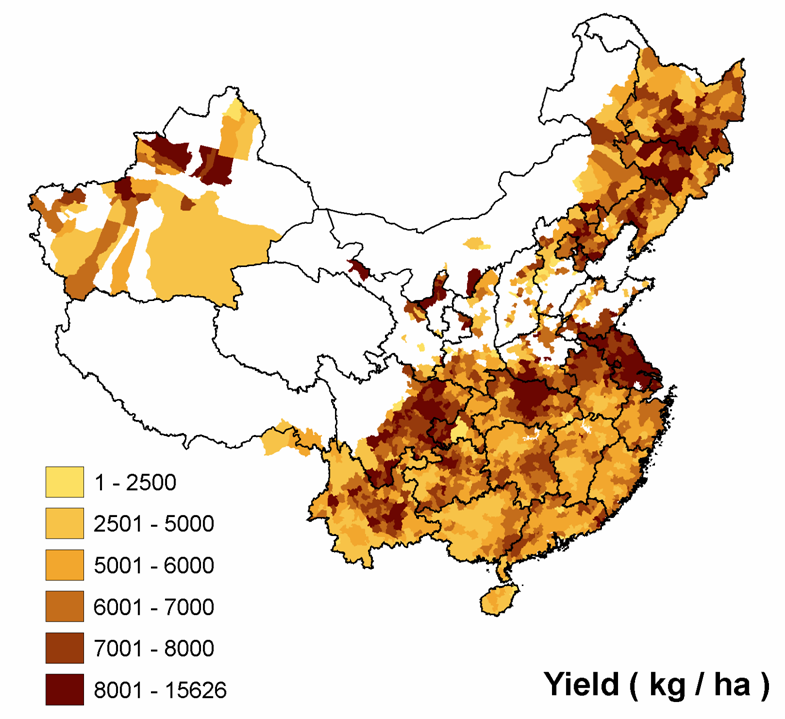A riverine trifecta today, describing threats to the biodiversity — including agrobiodiversity — associated with major rivers around the world…
From Italy, news that students and teachers from the University of Gastronomic Sciences at Pollenzo (founded in 2004 by Slow Food guru Carlo Petrini) — over 150 of them — Â will travel down the Po River watershed by bicycle and boat in September and October. They’ll be giving the river and its valley a source-to-delta checkup, they say, diagnosing their ills but also identifying their abiding strengths — ecological, cultural and, presumably, agricultural.
Further east, Hubert von Goisern, an Austrian musician, has done something similar — but in his own way — for the Danube. He’s spent the summer giving a series of concerts down the river for a WWF campaign to raise awareness of the damage that planned development projects will do to the habitat of the Danube sturgeon. Plans to straighten and deepen the course of the river to facilitate shipping are expected to affect a thousand-kilometer stretch, destroying a unique natural and cultural heritage.
And further east still, Nguyen Huu Chgiem, the son of a Mekong delta rice farmer, reflects on how climate change, deforestation and saltwater intrusion are affecting Vietnam’s “rice basket.” And what he can do about it now that he’s a professor of environment and natural resources management.
